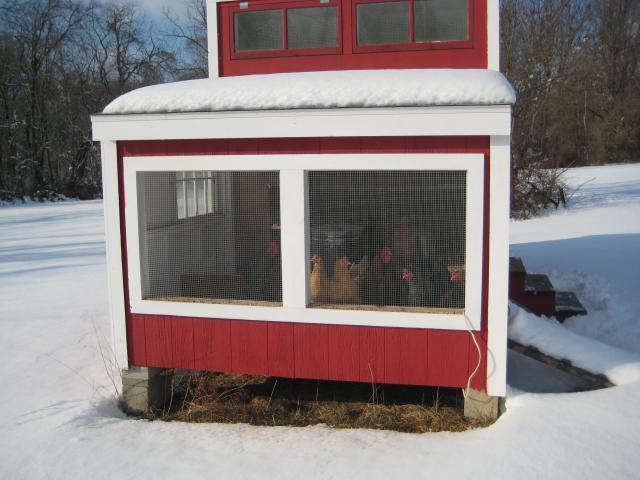Hello so it has been really cold were I am. And I was just wanting to know if anyone had done anything that could prevent frostbite? I read that you can use Petroleum Jelly and put it on there comb. Just wandering if anyone has done this 
Thank you!

Thank you!




